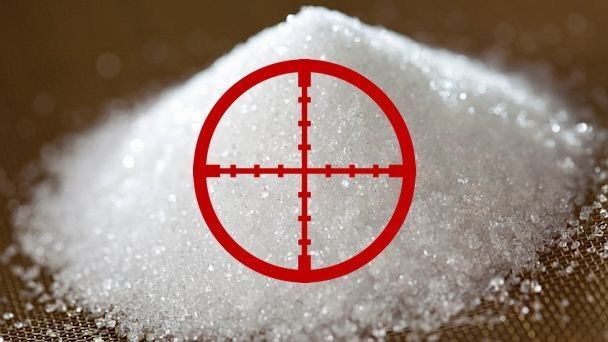The UK Chancellor this morning surprised everyone – no doubt including the Government here – by including a sugar tax in his Budget statement. The tax will be implemented from 2018, and will raise $1.1b to be spent on school sports. The move was welcomed as “a big moment in child health” by TV chef Jamie Oliver, who had been campaigning for such a move.
With their Tory allies in the UK now accepting the evidence that a soft drink tax works, it can now only be a matter of time before our Government follows suit.
Conservative Government sees benefit of a sugar tax
In making the announcement, the Conservative Chancellor George Osborne said:
“I am not prepared to look back at my time here in this Parliament, doing this job and say to my children’s generation: ‘I’m sorry – we knew there was a problem with sugary drinks. We knew it caused disease. But we ducked the difficult decisions and we did nothing’.”
One wonders how our Health and Finance Ministers feel reading that incredible statement from a fellow centre-right politician.
The tax will have two bands – 18p per litre for total sugar content above 5 grams per 100 millilitres; and 24p per litre for the most sugary drinks with more than 8 grams per 100 millilitres. That will hit most standard soft drinks such as Coke, Sprite and Fanta. Fruit juices and milk based drinks are exempt.
Some estimates are that branded drinks like a can of Coke could rise in price by 11%. The minimum level recommended by experts to have an impact on consumption is around 20%. Because this tax focusses on sugar content, the price rise will be largest for large servings, particularly the cheap, non-branded bottles of fizzy drinks. Some estimates are that bottles of budget cola brands could face price hikes of as much as 80%.
This may seem unfair to the cheaper bulk brands of soft drink, but the alternative has downsides too. Putting a 20% tax on the price of all soft drinks could mean that consumers simply switch to cheaper brands, and end up consuming the same amount. This approach means that all drinks containing a similar amount of sugar will face a similar price rise.
Tax to benefit poor
This tax will be introduced in 2018 and is estimated to raise £520m – or around $NZ 1.1b. One concern is that the tax will hit the poor the hardest, however studies have shown that the poor are far more likely to reduce their consumption as a result of the tax – and therefore get the health benefits. To counter the concern of the impact on the poor, this money will be invested mostly in school sports.
Sugar tax here now a matter of time
Our Government’s child obesity package released last year was a damp squib – of the 22 initiatives on offer, only 2 were new, and none will have a significant impact on children’s waistlines. The big, proven initiatives – banning junk food advertising to kids, taxing junk food, improving nutrition education in schools and restricting junk food availability in public institutions – were left untouched.
It now should only be a matter of time before sufficient pressure comes on our Health and Finance Minister for them to gather the political courage to take real action – including not just taxing soft drinks but introducing taxes on junk food. We have seen previously how a tax on soft drinks alone could save 67 lives per year and raise $43m.
Corrective taxes that are fiscally neutral are no brainers really and are a good way to address products that deliver public damage in the form of health, environmental and social problems. We have them with booze, smokes and the time to hit crap processed food with the same is well overdue.
The money raised could be used to improve the nutrition and exercise education in schools. There are projects around the country that have been proven to work – such as Project Energize in the Waikato.

